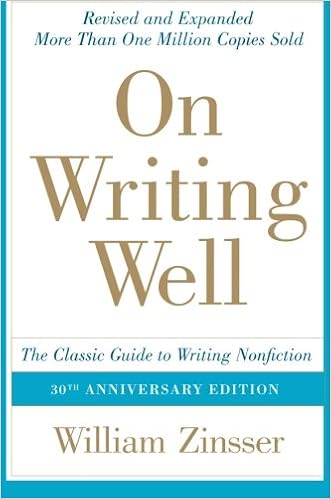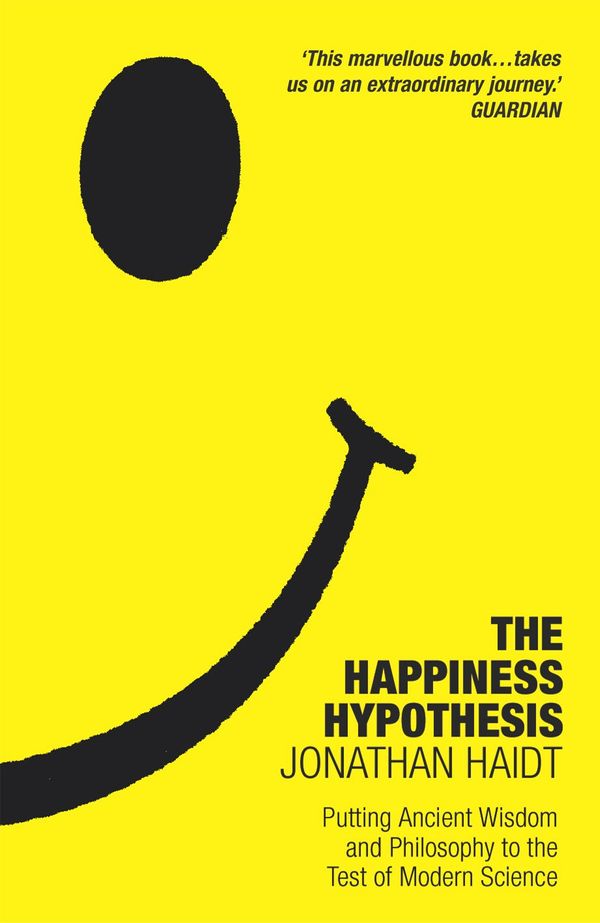By William Zinsser (1976)
Pages: 320, Final verdict: Great-read
Imagine you strive to improve your writing skill. You wonder where to start, from whom to take advice. How would you feel if I told you there is a book about writing written by a long-time journalist, by an esteemed teacher of Yale University, and by a former executive director of the Book-of-the-Month Club, all in one author? Would you consider it? I would. Meet William Zinsser, whose advice about writing non-fiction has survived since late 70's.
Writing is a craft
The book uses an analogy of carpentry as an example of a craft. In order to build a house, you need to learn the basics - to drive nails and to saw wood neatly. Only then you put some decorations, not vice versa. In the same way, writing needs to be based upon principles you will never ever disregard as obsolete because they are a core of the craft: write clearly, prefer short words to longer ones, prune clutter, avoid extensive use of adverbs, use mainly an active voice. The principles make writing clear, readable and enjoyable. That is, in the end, what most writers seek to achieve.
The only way to learn to write is to force yourself to produce a certain number of words on a regular basis. - William Zinsser
Let me show it on several examples. Words like "numerous", "assistance", or "implement" are no better than "many", "help", or "do". There is no need to write "tall skyscraper" or "smile happily", because skyscraper is a tall building, and when people smile, they are happy. Passive sentences are usually less bold, and less direct. For example, "my first visit to Paris will always be remembered," is not better than the sentence "I shall always remember my first visit to Paris."
If writing is a craft, you may get better at your skill through practice. "The only way to learn to write is to force yourself to produce a certain number of words on a regular basis," Mr. Zinsser argues. There is no shortcut to progress.
Focused on writers
William Zinsser tells writers they need to relax and be confident. That gives your writing two important essences: warmth and humanity. No rule is harder to follow, though.
The product any writer has to sell is not the subject being written about, but who he or she is. - William Zinsser
To relax during writing is tough. It is the same as when a doctor tells you to relax before gastrointestinal examination; you know it hurts and you will struggle. Do you think about how readers will like the article, how it would look on a website or in print, or what reactions you will get? It is normal to feel these subconscious impulses, and William Zinsser has an advice: "The product any writer has to sell," he claims, "is not the subject being written about, but who he or she is." Staying true to yourself while writing is one of the most appealing ideas from On Writing Well - it creates the warmth and the humanity.
The confidence is linked with it. Think about any public speaker who speaks indifferently, avoids presenting an opinion, or uses ambiguous vocabulary. Would you believe him or her? Probably not. These people inspire nobody. Being confident in writing may be scary, and occasional writers wrestle with a question: "Who am I to say what I want to say?" But being wishy-washy is even worse. Readers recognise it quickly, and quick is their exit. "Writing is an act of ego,” Mr. Zinsser states, “and you might as well admit it. Use its energy to keep yourself going." In other words, no need to be ashamed of your opinions, readers will accept them or not. And if not, no evil would happen to you.
Bottom line
The book structure consists of Principles, Methods, Forms, Attitudes. Principles, Methods, and Attitudes deal with general ideas about writing, Forms deal with specific details of different types of writing. But if you do not have much time for reading, the Principles is the must-read part of the book.
The book is not only for aspiring writers, it is general. Everybody can learn from it, because a need for a clear communication is ever present today, be it through E-mail, tweets or Facebook posts. After finishing it, I have found myself unconsciously applying the principles I read about. It is like a phantom standing behind my shoulder to check what I write all the time. I would recommend it to a friend who strives for self-development - the book, in its essence, teaches how to convey ideas to other people with clarity and confidence.
70 years of a writing career is distilled into the book - it is effortless to read, as you would think that writing is an easy job. It is a hard job, but Mr. Zinsser knows what he is doing and does not let me wander away. I really tried to find a negative in the book, but capitulated. I find it an inspiring and optimistic book to read; the sort of book that makes me feel better about myself when I finish, because I actually enjoy reading it.
Further learning:
- Buy the book online.
- William Zinsser's blog on The American Scholar
- The New Yorker writes about William Zinsser
- The New York Times pays tribute to William Zinsser
This post was written by Ivan Bielik (@bielik_ivan), a guest author at BetaGlyph. You can find out more about the author at betaglyph.com/about.



